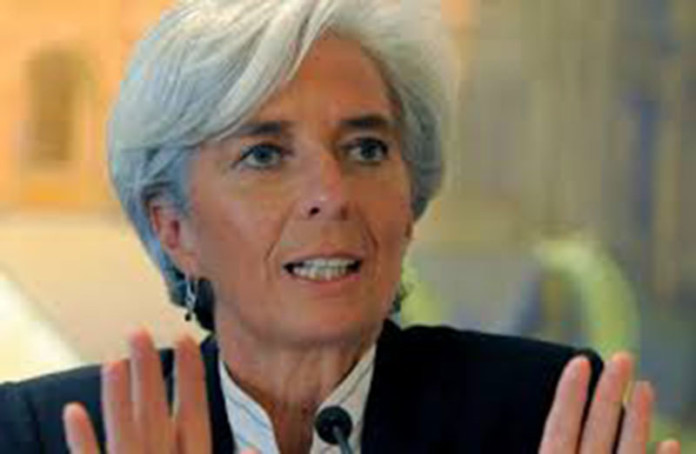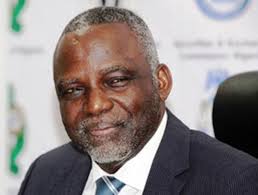The International Monetary Fund (IMF) has predicted that the Nigerian economy will grow by 0.6% in 2017, effectively lifting the country out of an officially declared recession.
In the IMF’s World Economic Outlook report released on Tuesday, Nigeria’s real Gross Domestic Product is expected to increase marginally by 0.6% with Consumer Prices rising by 17.1%.
Nigeria’s Current Account Balance is however forecast to slump further by 0.4% next year.
According to the Bretton Woods institution, the projected increase in global growth in 2017 to 3.4% hinges crucially on rising growth in emerging market and developing economies.
IMF, Nigeria, Recession, 2017 Beyond 2017, IMF expects global growth to gradually increase by 3.8% in 2021.
This recovery in global activity, which is expected to be driven entirely by emerging market and developing economies, is premised on the normalization of growth rates in countries like Nigeria, Russia, South Africa, Latin America, and parts of the Middle East.
In its spot assessment of sub-Saharan Africa, IMF sees increasing multi-speed growth.
IMF’s latest forecasts on fiscal balance and Gross Public Debt. The institution however revised down growth projections for the last quarter of 2016 in the region to reflect the challenging macroeconomic conditions in economies like Nigeria.
In Nigeria for example, this revision was based on the contracted economic activity followed by disruptions to oil production, foreign currency shortages resulting from lower oil receipts, lower power generation, and weak investor confidence.
It says GDP projections in South Africa remains flat.
The report added that policy uncertainty in the country is making the adjustment to weaker terms of trade more difficult and that South Africa won’t see any modest recovery till next year as the commodity and drought shocks dissipate and power supply improves.
Angola is similarly adjusting to a sharp drop in oil export receipts. It is not expected to grow this year and will experience only feeble growth next year.
By contrast, several of the region’s non-resource exporters, including Côte d’Ivoire, Ethiopia, Kenya, and Senegal, are expected to continue to expand very robustly at more than 5% in 2016, benefiting from low oil prices and enjoying healthy private consumption and investment growth rates.
For Nigeria, there have been several predictions about when the country’s economy will turn the corner.
Global credit rating agency, Moody’s, also predicts that Nigeria will be out of recession in 2017.
A Senior Vice President at Moody’s, Aurelien Mali said they expect Nigeria to contain pressures on its public finances in the short term.
The Governor of the Central Bank of Nigeria, Godwin Emefiele, a few weeks ago however projected that the nation’s economy will exit the recession by the end of this year.
He says this follows the various measures put in place by the Federal Government and monetary authorities becomes manifest.
One of such measures he listed includes the establishment of a bridge fund to stimulate the economy.
His words: “The worst is over…”















